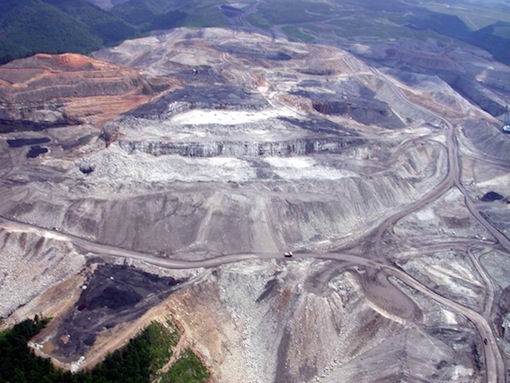 Check out Will Potter's book and web site --
Check out Will Potter's book and web site --
http://www.greenisthenewred.com/blog/
Subpoenaed to California Grand Jury
Jan 04, 2013 04:06 pm | Will Potter
Another activist, Priyesh Patel, ordered to appear before a California grand jury investigating animal rights activists.
Dec 27, 2012 11:53 am | Will Potter
Maddy
Pfeiffer is the fourth person jailed for refusing to cooperate with a
federal grand jury targeting anarchists in the Pacific Northwest.
NPR just keeps on giving with its stories on energy!
Definitely, NPR's reporting, tied to all those underwriters, like the natural gas mafia, just bluntly, in one fell swoop, says that that's it for green energy:
Budget Deal Provides Tax Breaks For Green Energy
January 04, 2013 2:30 A
Quote:
The tax benefits for green energy that Congress extended were
originally created over the past decade. At the time, it seemed that
energy sources, especially homegrown ones, were scarce. The country also
seemed to be on the verge of setting limits on emissions of greenhouse
gases like carbon dioxide.
"There was a sensible reason to want
to subsidize a transformation," says energy analyst Kevin Book. It's
harder to make a case for renewable energy now, given the booms in
natural gas and oil, he says.
"All of these things are
different now: Demand is declining, supply is increasing, the
decarbonization mandate has weakened if not disappeared, and energy
security isn't the risk that it used to be," he says.
Book predicts that the New Year's tax package may be the last big payday for green energy.
http://www.npr.org/2013/01/04/168590135/budget-deal-provides-tax-brakes-for-green-energy
Decarbonization mandate disappeared? Energy security isn't the risk that it used to be?
Great reporting. Just great!
Another view --
http://kunstler.com/blog/2012/12/forecast-2013-contraction-contagion-and-contradiction.html
Quote:

The people who like to think they are managing the world's affairs
seem fiercely determined to ignore the world's true condition -- namely,
the permanent contraction of industrial economies. They just can't grok
it. Two hundred years of cheap fossil fuel programmed mankind to expect
limitless goodies forever on an upward-swinging arc of techno miracles.
Now that the cheap fossil fuels have plateaued, with decline clearly in
view, the hope remains that all the rackets of modernity can keep going
on techno miracles alone.
Meanwhile, things and events
are in revolt, especially the human race's financial operating system,
the world's weather, and the angry populations of floundering nations.
The Grand Vizier of this blog, that is, Yours Truly, makes no great
claims for his crystal ball gazing (Dow at 4,000 - ha!), but he
subscribes to the dictums of two wise men from the realm of major league
baseball: Satchel Paige, who famously stated, "Don't look back," and
Yogi Berra, who remarked of a promising rookie, "His whole future's
ahead of him!"
In that spirit, and as for looking back,
suffice it to say that in 2012, the world's managers -- and by this I do
not mean some occult cabal but the visible leaders in politics,
banking, business, and news media -- pulled out all the stops to
suppress the appearance of contraction, and in so doing only supplied
more perversion and distortion to the train of events that leads
implacably to an agonizing workout, or readjustment of reality's balance
sheet. There's a fair chance that these restraints will unravel in
2013, exposing civilization to a harsh new leasing agreement with its
landlord, the Planet Earth.




